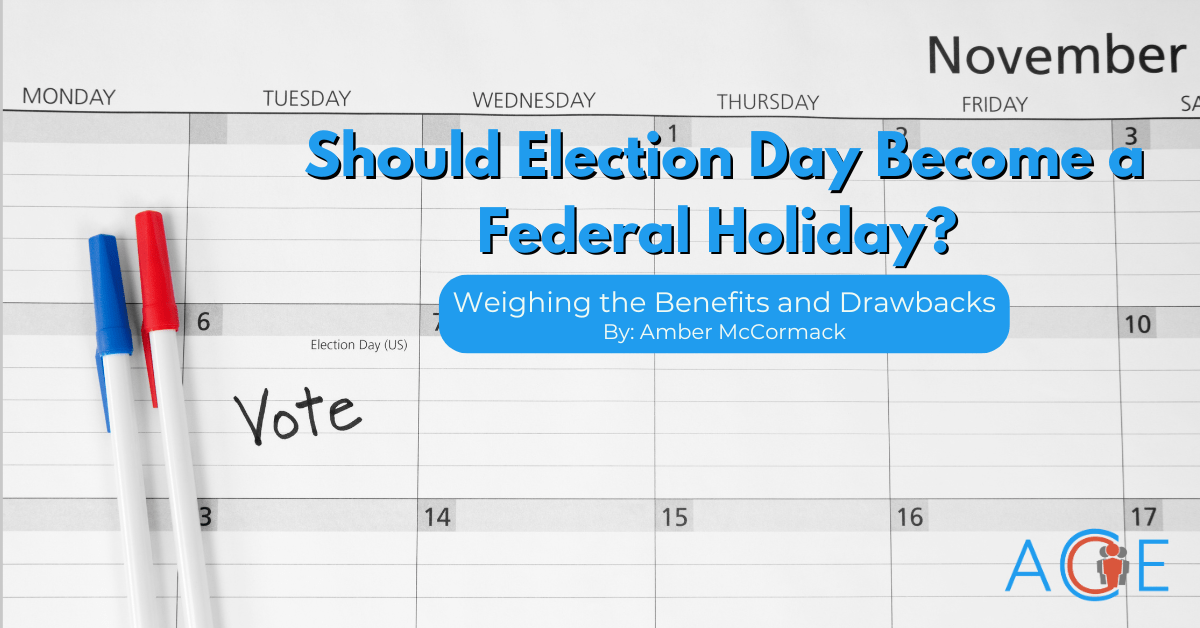Is it time to make Election Day a federal holiday? 🗳️ Some say it would boost voter turnout and align the U.S. with other democracies, while others argue it could create challenges for hourly workers and cost millions. Dive into the debate over whether a federal voting holiday is the best way to strengthen democracy or if there are better solutions. Check out the full breakdown!



Good points except for Ranked Choice. That archaic voting system is a sort of poison pill.
It doesn’t actually solve any of the problems proponents claim it does, and it adds complexity and additional points of failure. It was designed in 1788, but rejected for use in France at the time due to the habit of eliminating the Condorcet winner. (The person who would win in a one on one election vs all other candidates)
The bad idea was then reinvented in the early 1800s as the Single Transferrable Vote, with no fixes for that pesky Condorcet issue.
No, the way to go is either the simplicity of Approval, or the more granular STAR. (STAR is the new hotness, designed this century, with the pitfalls of past systems in mind)
Both systems are completely immune to the Spoiler effect while also allowing, or even encouraging the growth of third parties.
My impression is that when most people mention “ranked choice” voting, what they really mean is “ranked choice voting with instant runoff” which is functionally identical to STAR voting.
The two are not functionally identical at all.
Ranked Choice is a broken Ordinal voting system.
All Ordinal voting systems are flawed, because when you have to rank A over B, you will eventually reach a point where C can become a spoiler candidate.
Cardinal voting systems are immune from this, because you rate the candidates independent of each other. It doesn’t matter how many candidates are on the ballot, because you’re rating them vs your support, not their rank vs each other.
Cardinal systems allow you to rate two candidates the same, either with full support or full disdain.
Do you have a link that explains what you’re talking about? I’m having a hard time reconciling my understanding of Ranked Choice (with instant runoff) with the downfalls you describe.
Edit: I came across this: https://betterchoices.vote/Cardinal It explains the spoiler problem with Ordinal voting systems, but also illustrates problems with Cardinal voting systems. Interesting stuff.
Specifically, which problem do you think that ranked choice proponents are incorrect about?
Ranked choice voting does one thing, allows people to vote for the candidates they actually want and that’s it. All kinds of people try to shoehorn in other ideas, but at the end of the day the one and only problem its intensed to solve is people having to vote for candidates they don’t like.